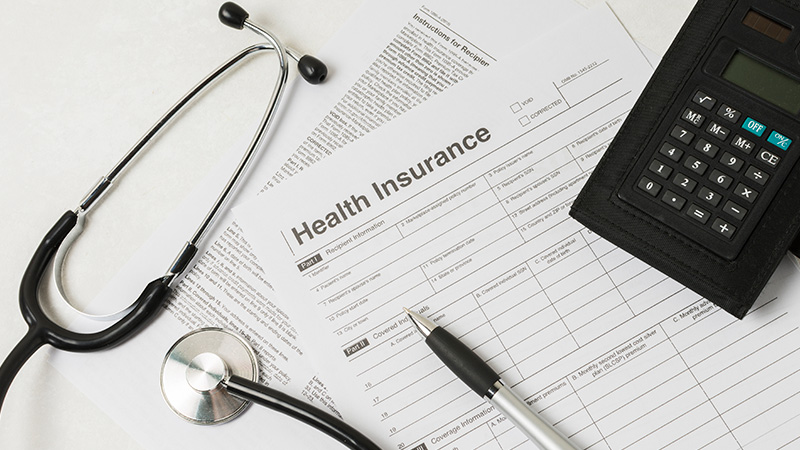
If you're wondering whether your health insurance premiums are deducted pre-tax or post-tax from your paycheck, you're not alone. Many employees and small business owners overlook this critical detail that could be costing them real money. Understanding how health insurance deductions are handled on your payroll can help you maximize tax savings and boost your take-home pay in 2025.
Health insurance deductions generally fall into two categories: pre-tax and post-tax. The distinction comes down to when the premiums are deducted from your paycheck relative to your taxes.
For example, if you earn $4,000 a month and pay $300 in pre-tax health premiums, your taxable income would be $3,700. However, if those same premiums are post-tax, the full $4,000 would be taxed before the $300 is deducted, costing you more.
Here are a few simple ways to see whether your health insurance premiums are deducted pre-tax:
A Section 125 plan, also known as a Cafeteria Plan, is an IRS-regulated benefit structure that allows employees to choose between taxable cash compensation or non-taxable benefits like health insurance, dental, vision, and more.
When you opt to pay your premiums through a Section 125 plan:
When your premiums are deducted pre-tax:
This dual benefit, saving for both employee and employer, makes pre-tax payroll deductions a powerful tool for managing compensation costs.
As healthcare premiums continue to rise in 2025, every dollar saved matters. By leveraging pre-tax deductions:
These savings scale with income and business size, making pre-tax health insurance deductions a smart, strategic move.
Small business owners often believe tax-efficient benefits are only for large corporations, but that's not true. Setting up a Section 125 plan is relatively simple and cost-effective. Benefits for small businesses include:
Even better, some businesses may qualify for the Small Business Health Care Tax Credit under the ACA if they contribute toward employees’ premiums.
A pre-tax deduction doesn’t increase your salary, but it effectively makes your income go further. Here’s how:
For employees living paycheck to paycheck, this difference can be crucial. For others, it’s a meaningful saving that compounds over time.
If your health insurance is deducted pre-tax under a Section 125 plan, it is not subject to FICA taxes. But if premiums are deducted post-tax, FICA (Social Security and Medicare) still applies.
In most cases, yes, health insurance premiums are pre-tax payroll deductions, as long as your employer offers a Section 125 Cafeteria Plan. This arrangement allows employees to have:
For both employees and businesses, pre-tax health insurance deductions remain one of the simplest and most effective ways to save money in 2025. Confirm your plan structure with PayProNext, a quick check through our platform could help uncover tax savings worth hundreds of dollars each year.
© Copyright PAYPRONEXT. 2025, All Rights Reserved.